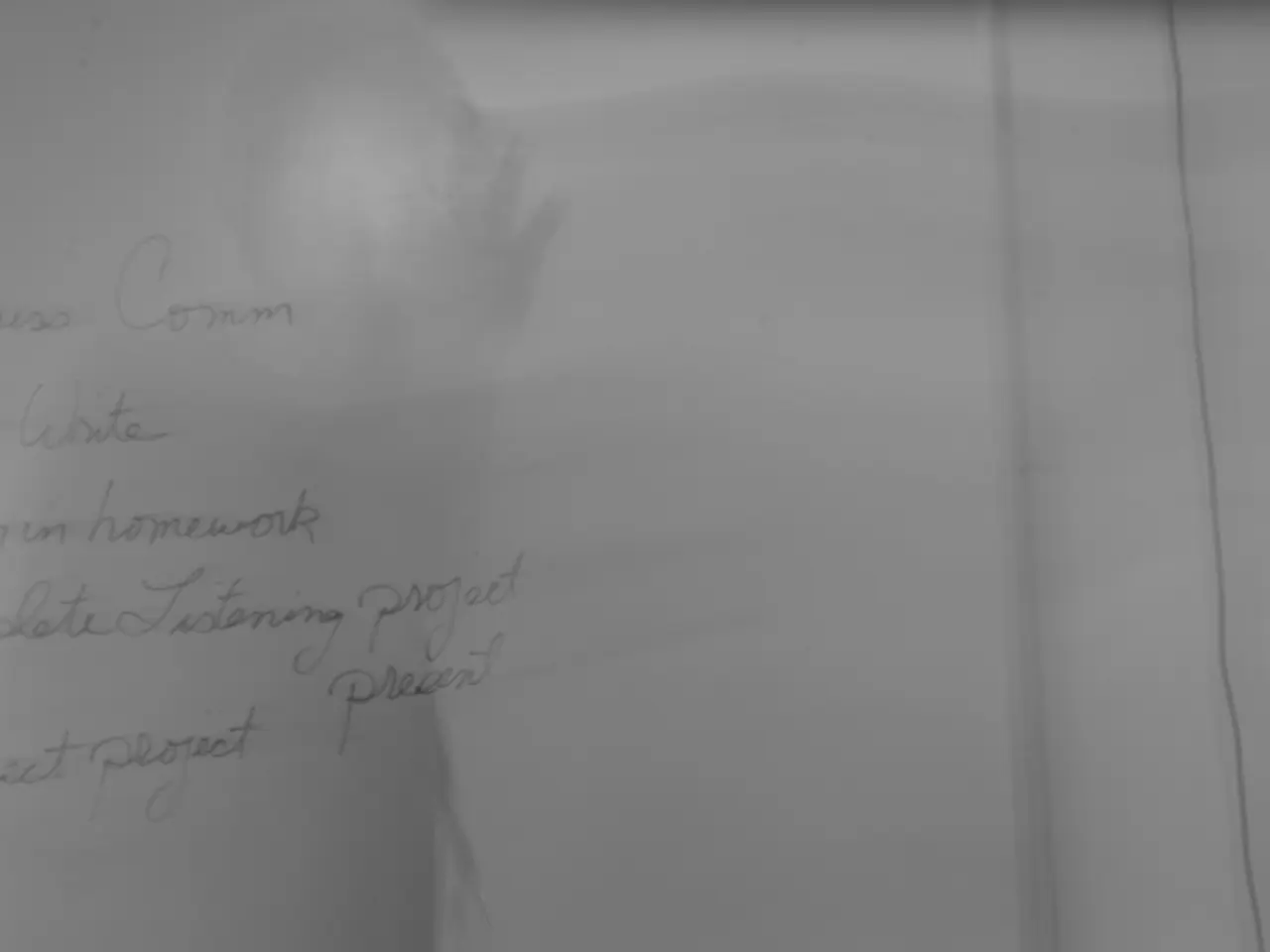Reforming the Constitution is a primary objective for the Lee Jae Myung administration
South Korea is embarking on a transformative journey, with a new policy blueprint aimed at propelling the nation into the ranks of top-three AI powerhouses by 2030. This ambitious plan, unveiled by the Lee administration, encompasses a wide range of initiatives, from leveraging artificial intelligence (AI) to boost economic growth, to reforming the prosecution and police to enhance political neutrality.
The proposed AI strategy is a key component of South Korea's broader economic growth policies. The country aims to break free from its low-growth trap by promoting the mass adoption of AI, investing in renewable energy infrastructure, and fostering inclusive economic growth and market fairness. One of the most significant projects in this regard is the construction of an "electricity highway" along the western coast, designed to power industrial complexes sustainably.
In parallel, the Lee administration is proposing a reform of the Supreme Prosecutors' Office (SPO). By 2030, the current SPO will be disbanded and split into two separate entities: one dedicated exclusively to investigating serious crimes, and the other focused on filing indictments against criminal suspects. This reform seeks to reduce the prosecutorial power concentration, which has been criticized for enabling politically motivated prosecutions by handling both investigation and indictment functions simultaneously.
The proposed constitutional amendment, if implemented, would be the first since 1987, which introduced a single five-year presidential term. Under the proposed system, presidents would be able to serve two four-year terms, with the reelection contest after the first term serving as a referendum on the sitting president's performance. This amendment aims to reinforce the constitutional principle of popular sovereignty and uphold the spirit of the Gwangju Democratic Uprising, while encompassing the greater fundamental rights of each citizen and greater local autonomy.
The State Affairs Planning Committee, led by Lee Han-joo, a longtime aide to President Lee Jae Myung, has announced that amending the Constitution will be a top priority. The committee has outlined a plan to increase South Korea's potential economic growth rate to 3 percent, largely through the wider adoption of AI, and has allocated some 210 trillion won ($152 billion) in fiscal spending over the next five years to achieve the 123 policy goals.
The Lee administration also plans to undertake a major reform of the police, with the goal of promoting political neutrality among the police. The police bureau at the Ministry of Interior and Safety, established during former President Yoon's term, will be abolished as part of this reform.
Notably, disgraced former President Yoon Suk Yeol expressed a willingness to entrust his presidential powers to the People Power Party, but his proposal did not lead to constitutional reform. President Lee Jae Myung, on the other hand, has suggested introducing a new presidential system through constitutional reform that would curtail the power of the South Korean president. However, none of the proposals for constitutional reform by President Lee Jae Myung's predecessors (Moon Jae-in, Park Geun-hye, Lee Myung-bak, and the late Roh Moo-hyun) were successful.
The policy accomplishments will be managed jointly through the presidential office, the Office of the Government Policy Coordination, and a newly established presidential committee on national futuristic strategy. President Lee Jae Myung has expressed an intent to carry out constitutional reform and has written that the newly amended Constitution would uphold the spirit of the Gwangju Democratic Uprising and encompass the greater fundamental rights of each citizen and greater local autonomy.
The State Affairs Planning Committee's two-month term will conclude on Thursday. The committee has worked tirelessly to develop this comprehensive policy blueprint, which represents a significant step forward in South Korea's journey towards a more technologically advanced, economically vibrant, and politically neutral nation.
[1] Source: The Korea Herald, The Hankyoreh, Yonhap News Agency.
Read also:
- Court petitions to reverse established decision on same-sex marriage legalization
- Proposed Standardization of Food Labeling Laws Among Member States by the Commission
- Experimenting with Merz's Germany has stretched into an extended period of time, resembling a numerous three-month duration.
- Moderate discussions scheduled between U.S. President Trump and India's Prime Minister Modi next month, according to recent reports.







